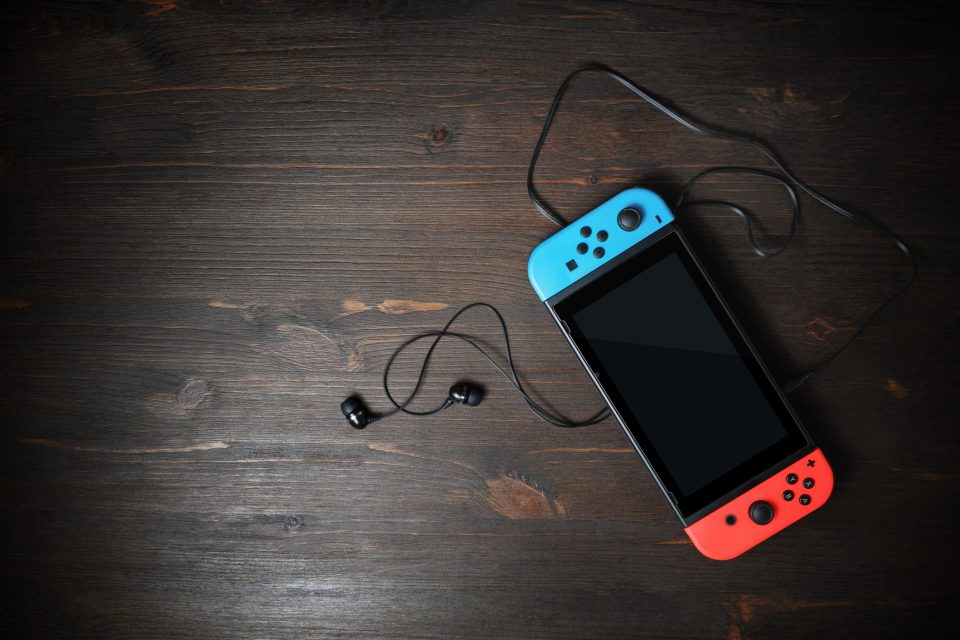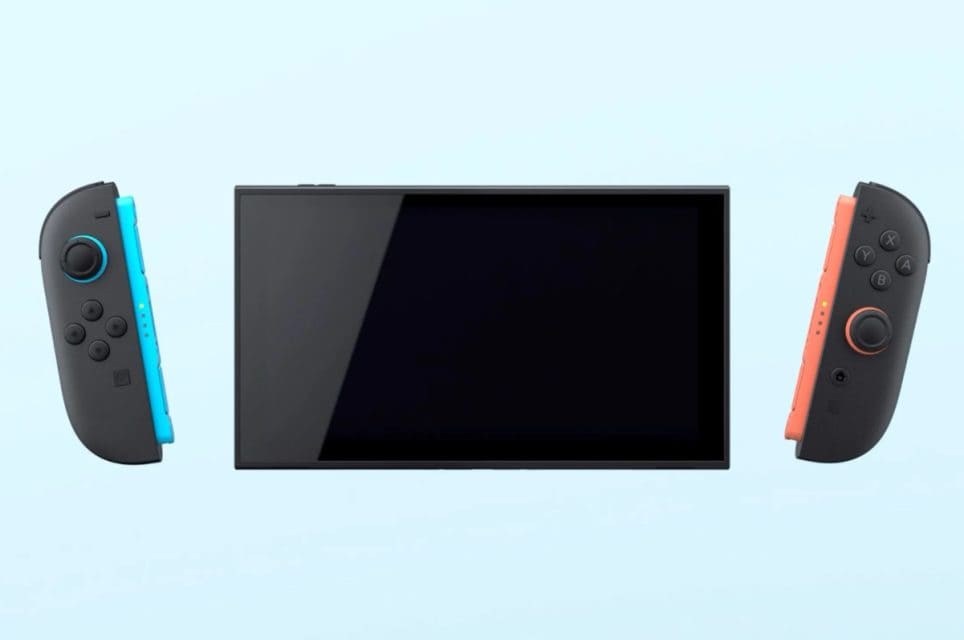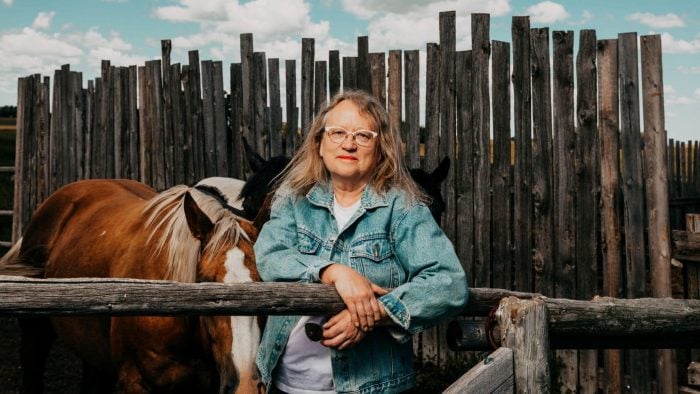Is Nintendo’s Switch 2 a safe enough bet to get all studios on board?
Nintendo’s new console, launching June 5, may have enough pros for many Canadian video game studios, including independents, to make the switch. But some studios will wait on sales data before investing time and money.
Nintendo’s newest console, Switch 2, has very big shoes to fill.
“Switch is, by far, the best-selling console of the last generation. Having games available for Switch gives you a huge amount of players in one shot,” says Christopher Chancey, CEO of Montreal-based ManaVoid Entertainment and co-founder of the Indie Asylum incubator.
More than 152-million Nintendo Switch consoles have been sold since the system was launched in 2017, making it Nintendo’s most popular console to date and twice as popular as Sony’s PS5. More than 1.3-billion games have been sold on the Switch console, another milestone for Nintendo.

According to data from the Media Technology Monitor, 20 percent of Canadian adults, and 38 percent of Canadians between the ages of two and 17 who use gaming consoles, have a Switch.
It’s a golden opportunity for studios with compatible games. “We get about 40 percent of our sales on Switch,” says Jean-François Major, CEO of Montreal’s Tribute Games.
But because the original Switch was considerably less powerful than other consoles, there were limited games that could work with it. “Some of our games are too big for the Switch,” explains Chancey.
The situation should change with the launch of Switch 2 on June 5.
Ten times the power
Nintendo has not yet confirmed all of the technical specs but the Nvidia chip at the core of Switch 2 will be 10 times more powerful than the original version’s chip. That means games will look better and, more importantly, titles that were too complex for the Switch console will be a breeze for Switch 2.
“Even with simple games you’re always optimizing them. So it’s annoying and time-consuming. The Switch 2 will simplify this process,” Chancey says.
“Nintendo has also added features to Switch 2, like being able to use the controller as a mouse, providing developers with more options,” says Corinne Darche, Canada Media Fund’s foresight and innovation analyst.
Toronto-based Titan1Studios is still waiting on access to the Switch 2 development kit, but CEO Rathan Moorthy says the project they’re working on would be perfect for the console’s new features. “It could absolutely utilize some of the mechanics,” he says.
Chancey says being able to use the controller as a mouse will open the door to new genres that are difficult to develop on a console, like Sim City’s city-builder management simulators. Developers planning to release a game exclusively on PC may now be tempted to develop it for Switch 2 as well.

Playing it safe in an uncertain economy
Some studios, like Tribute Games, intend to take advantage of Switch 2 as soon as possible.
“We need to sell about 5,000 copies to make a version for Switch profitable. So, for us, it pays off big time,” says Major. “Since the additional cost for Switch 2 is minimal we’re definitely going ahead with it.” Their next game, MARVEL Cosmic Invasion, will be launched on Switch 2 later this year.
For many studios with compatible games, and whose target audience mirrors Nintendo’s more family-oriented games, it’s an opportunity they’re ready to jump on. “As soon as we’re able to get access to a Switch SDK [Software Development Kit],” Moorthy says. “Since we’re making a game for kids, it’s a no-brainer.”
Of course, the situation is not the same for every game or every studio.
“The last two years, 2023 and 2024, were devastating for the video game industry,” says Darche. “While there’s hope that Switch 2 will breathe new life into the industry, studios are no longer willing to take risks like they did before.”
In our challenging economic climate, a console’s price is also a concern. Switch 2 will sell for $629 in Canada. Launch price for the original Switch was $399, with later versions available for $259. “Pre-orders indicate that the fan base is still out there, but will the general public be willing to pay,” asks Darche.
Developers remember the tepid Nintendo Wii U launch in 2012, a bitter disappointment after the success of the Wii.
Nintendo plans to sell 15-million Switch 2 consoles in the first year. DFC Intelligence, a research and consulting firm for the video game sector, anticipates sales of 100-million units by 2029. In a May 15 report, DFC stated the Nintendo Switch 2 “is arguably the most important product launch in video game history.” That’s the kind of news struggling game studios can use.
Still, Chancey has no intention of altering his game plan. He hopes his studio will reap the new console’s advantages, but without direct support from Nintendo the transition is too risky. “We’re not sure how many games we’ll do. It’s a wait-and-see approach for now,” he says.
Switch 2 does give studios a reason to be optimistic. But in a market that has been hammered by closures and layoffs, being cautious is understandable too.



